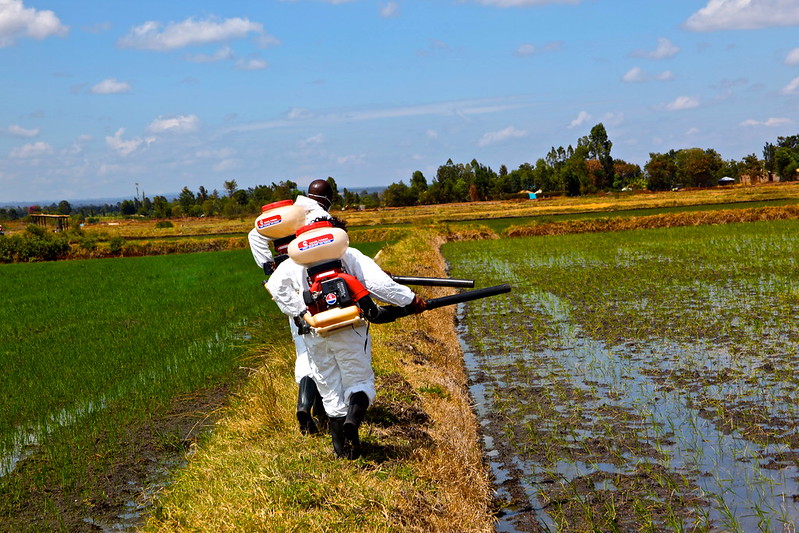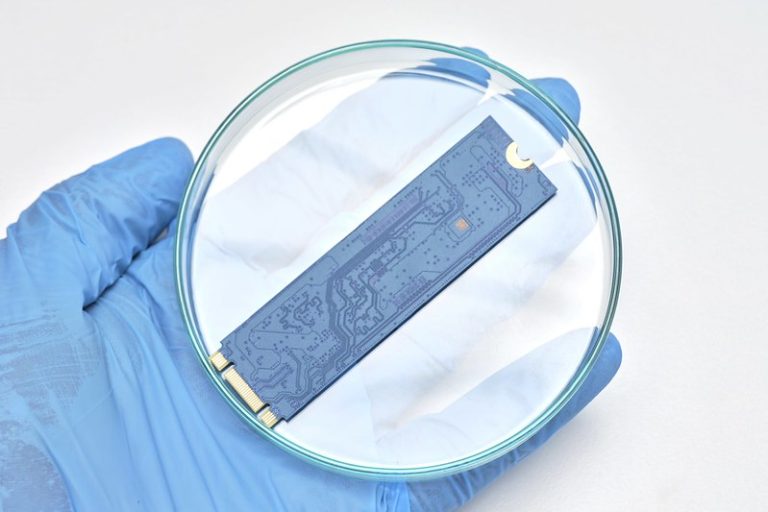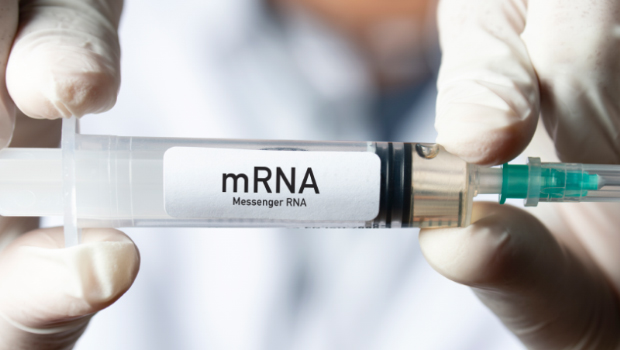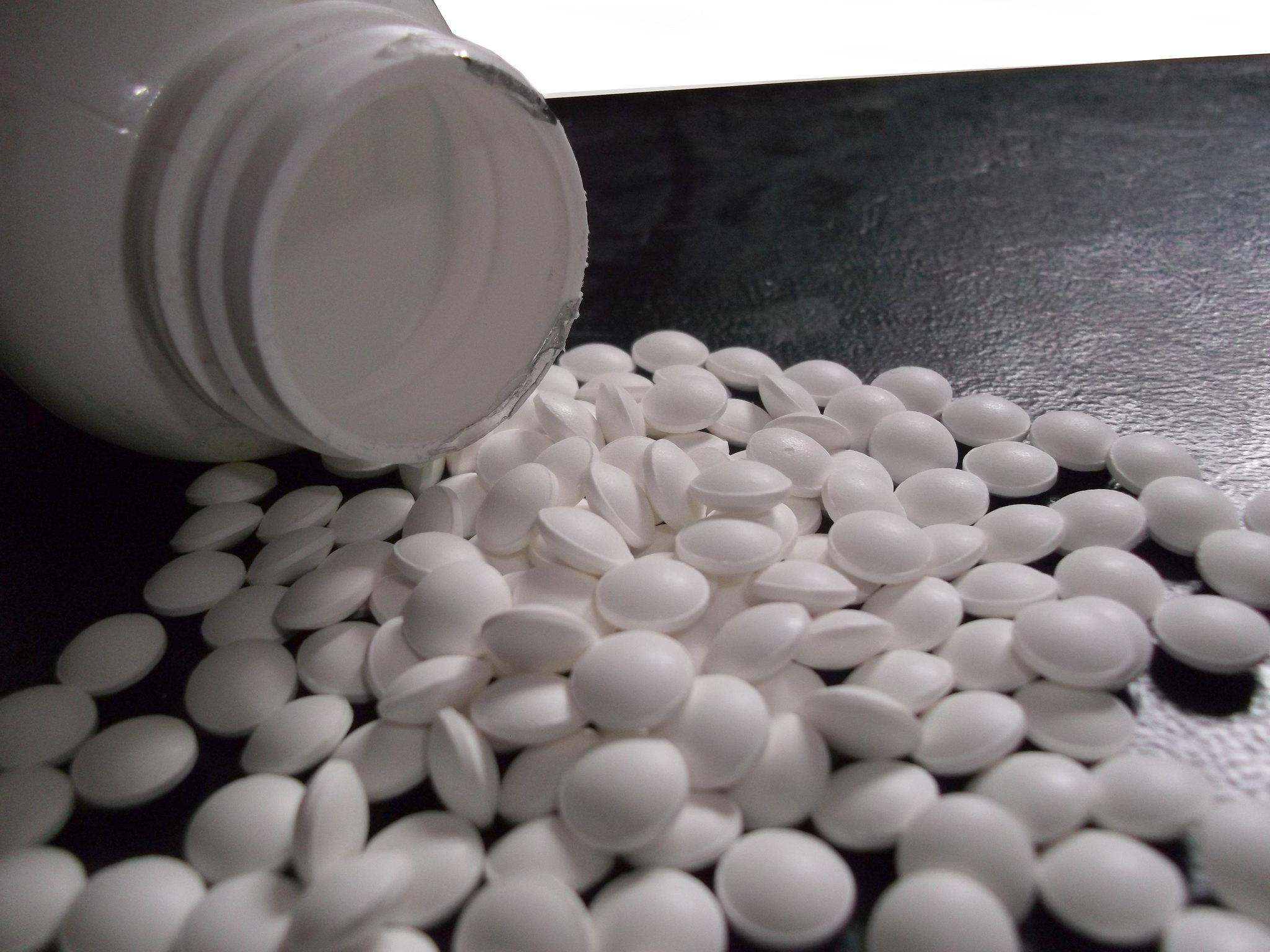News
Genetically modified microorganisms to be released soon in the EU environment ?
Genetically modified bacteria, yeast and, why not, viruses released in the environment without any regulatory oversight ? This is what companies are strongly suggesting to the European Commission. Documents obtained by the association Corporate Europe Observatory (CEO) show an intense lobby to ensure that the principles of deregulation proposed for GMO/NGT plants also applies in the future to genetically modified microorganisms.

On June 14 2022, the European Commission met with PivotBio. This US company markets genetically modified microorganisms (GMMs) to « convert atmospheric nitrogen and deliver it to crops ». During the meeting, PivotBio explained that these microorganisms are modified « by conventional mutagenesis or by genome editing ». But it does not wish to market them in Europe « since they would be considered GMOs subject to the GMO legislation ». On the day of the meeting, the European Commission was still working on its proposal to deregulate GMO/NGT plants only, which it will present on July 5, 2023. But it was already interested in GMMs. Indeed, it replied to the company that it had « started the process of gathering information on NGTs applied to microorganisms
This dialogue illustrates existing industrial projects to disseminate genetically modified bacteria, fungi and even viruses into the environment. An industrial sector that would like to see the deregulation of GM plants also applied to GMMs.
GMMs released in the environment without oversight ?
In a report published in 2023, Friends of the Earth U.S. wrote that at least « two products are currently being used by U.S. farmers — a GE bacteria from Pivot Bio called Proven® and BASF’s ‘2.0’ version of its Poncho®/VOTiVO® seed treatment » [1]. The use of microorganisms is not new in agriculture, but the use of genetically engineered microorganisms is still rare [2].
According to Friends of the Earth USA, the recent entrance of the four multinationals Bayer-Monsanto, Syngenta, Corteva and BASF into this market could mark a turning point. These companies « have spent millions acquiring biologicals companies in recent years […]. The global biologicals market is expected to nearly triple in a span of eight years […] to 29.31 billion dollars in 2029 ». The association gives the example of Bayer, which, armed with a « collection of at least 125,000 wild microbial strains », launched a partnership in 2022 with Ginkgo Bioworks, « a startup company which has received 15 billion dollars in investment to develop a platform to automate the genetic engineering of thousands of microbes at once ».
In terms of practical dissemination, Friends of the Earth USA has recorded 128 authorisations issued by the US Department of Environmental Protection for GMM experiments in the environment. The majority of these authorisations were obtained by universities. Faced with the companies’ commercial projects, Friends of the Earth USA is concerned about the risks associated with their release into the environment (very large-scale release, uncontrolled gene transfer, modification of the existing microbiome, antibiotic resistance, potential appearance of new pathogens, etc.).
European Lobby in action
EuropaBio is a well-known European lobbying organisation that has historically been very active on the issue of GMO plants. But when it wrote to and met with the Commission in early 2023, the subject was GMMs, not plants. The organisation is indeed concerned, on behalf of its members, about the potential implications the legislative work being at that time prepared by the European Commission for GM/NGT plants could have on the regulation of GMMs obtained by new genomic techniques. There is obviously nothing innocent about this concern. GMMs as such are GMOs regulated by the European Union. While the legislator has exempted molecules produced by GMMs in fermenters [3], this is not the case for these GMMs if released as such into the environment.
During its meeting, EuropaBio told the European Commission that the interpretation of this legislation is a challenge for companies. EuropaBio concludes that it is currently preparing a document summarising current knowledge on the safety of GMMs released into the environment, the risk assessments that have been carried out and recommendations for a regulatory framework. In other terms, EuropaBio is asking the European Commission to provide the necessary legal certainty so that these GMMs can be marketed without being subject to the requirements of current GMO legislation.
A future deregulation of GMMs ?
As early as July 2022, EuropaBio, together with the Association of Manufacturers and Formulators of Enzyme Products (Amfep) and the EU Association of Specialty Feed Ingredients and their Mixtures (Fefana), considered that any political action on plants obtained using new techniques would also have an impact on microorganisms. These three organisations wrote to the European Commission to argue that knowledge and experience with microorganisms could and should contribute to policy actions concerning any organism, whether plants or microorganisms.
This position was reaffirmed in November 2022 at the 15th European Forum for Industrial Biotechnology & the Bioeconomy (EFIB) in Vilnius [4]. For the companies meeting in Lithuania, « Many highly advanced genetic engineering techniques […] are already actively used in contained use applications ». This industry is therefore calling on the European legislator to adopt « a cohesive approach across sectors » and for « advanced knowledge on microorganisms [to be] recognised and considered when developing the policy action for plants developed using NGTs ».
For the Commission, the door is opened
At each meeting, the European Commission reiterated that its legislative work (which will be completed the 5 July 2023) concerned only plants. Nonetheless, it has declared itself open to discussions on the regulatory issues concerning GMMs. In fact, it explained to EuropaBio at the beginning of 2023 that work was underway with the Member States on the implementation of Regulation 1829/2003 in specific areas relating to GMMs. Two European expert committees are also working on GMMs.
In 2020, the European Network of GMO laboratories (ENGL) received a mandate to work on the detection of GMMs in food and feed [5]. However, this mandate only concerns GMMs used in confined environments to produce molecules. As for GMMs released in the environment, the experts who worked on the report covering the detection of plants modified by « new mutagenesis techniques » recently « modified its mandate to include microorganisms ». They are « evaluating if the report could be extended to cover them ». [6].
In July 2020, the European Commission asked the European Food Safety Authority (EFSA) to draw up a table of GMMs intended for release into the environment [7]. The informations, which are still awaited, concern the GMMs themselves, the techniques and modifications used, the associated « novel potential hazards and risks » and whether the existing risk assessment guidelines need to be « updated, adapted or complemented ». A wording quite similar to the mandates received by EFSA on new techniques applied to plants…
The European Commission’s proposal to deregulate GMOs therefore seems to hide a future deregulation of genetically modified microorganisms. Given the public concern that GM bacteria, fungi or even viruses could be disseminated in the environment without any controls, it can be understood that this aspect of deregulation remains voluntarily hidden, to say the least.
[1] Friends of the Earth U.S., « Genetically Engineered Soil Microbes : Risks and Concerns », 2023.
[2] , « Les applications industrielles de la biologie de synthèse », Inf’OGM, 3 mars 2022. (in french)
[3] , « GMO micro-organisms : discreet production factories », Inf’OGM, 17 juillet 2023.
[4] EuropaBio, « EuropaBio presents EFIB Vilnius Statement to European policymakers », 30 November 2022.
[5] European Commisison, “Mandate for an ENGL Working Group on “Detection of genetically modified microorganisms in food and feed” », 2020.
[6] ENGL, 2 « Report – 45th ENGL Steering Committee Meeting », 20 June 2023.













